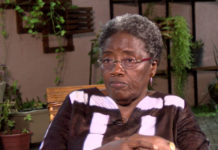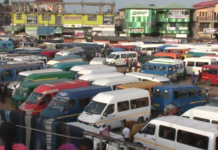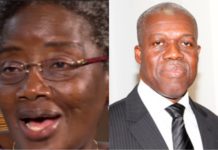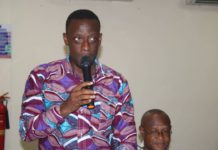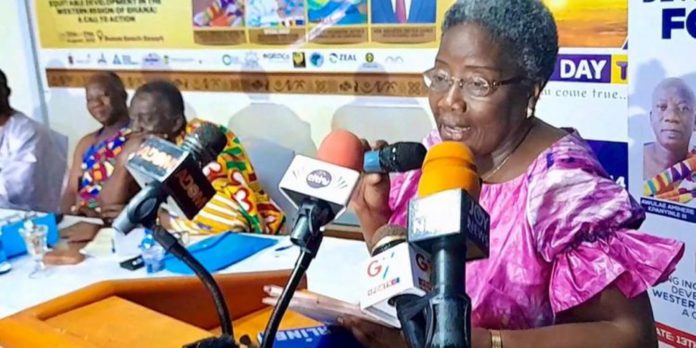
Former Second Lady, Matilda Amissah Arthur, has chastised both the political and traditional leaders of the Western Region over the lack of development in the region.
She was speaking at the opening of a Western Regional Development Forum organised by the Nana Kobina Nketsia IV Trust at Busua.
Madam Amissah Arthur, who also hails from the Nzema area, questioned why both political and traditional leaders have failed the region.
“We have all known for a long time that our region has been neglected, helpless and that we have no legacy. But my question is, has it taken us so long to come together and deliberate on how we can change this narrative?
“Yes! We might have met in our pockets to talk about this issue before, but have we met as a serious group to deliberate? Are we happy to let the region deteriorate? Is there something that is preventing us, or are we in denial? Whatever it is, we have let our people down,” she said.
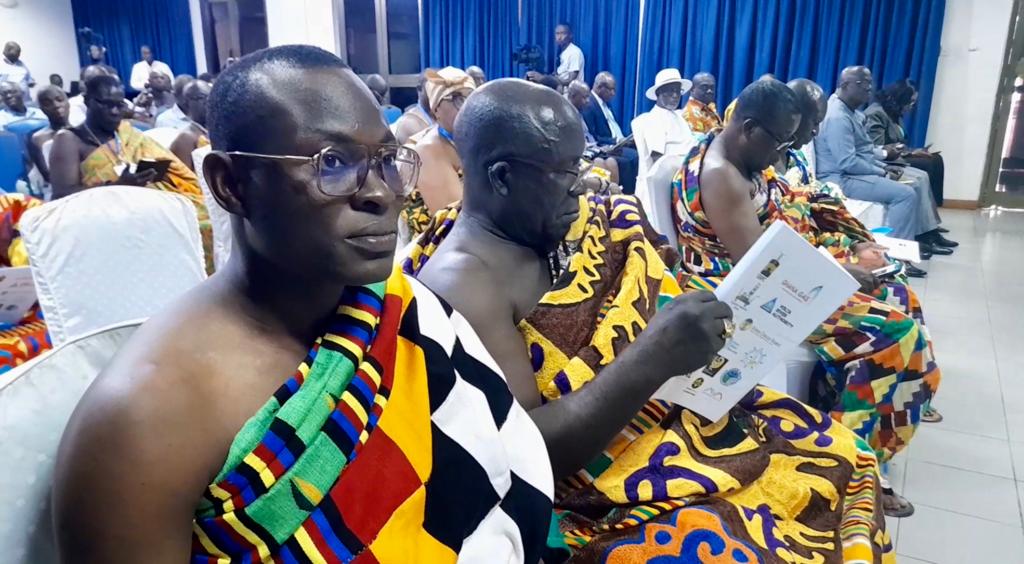
Matilda Amissah Arthur further stated that the current low level of development in the region could be interpreted by the people as a testament to the fact that leaders in the region are not serious.
“The chiefs, clergy, civil society, the media, we have all given the people of Western Region reason not to take us seriously or trust us. Where have you been as chiefs? Where have you been when all the lands are being taken over by galamsey?
“Some say that you have sold our land. Some say that you have fronted for big men in Ghana and from abroad and that some even say that you have been given huge sums of money, even though I don’t see in on,” she opined.
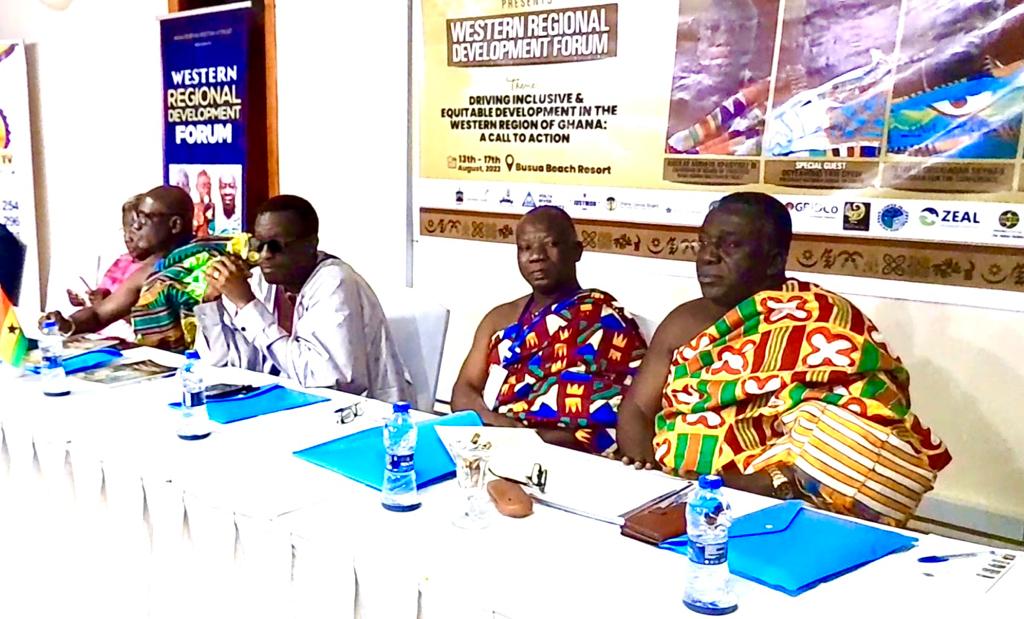
The former Second Lady, while galvanizing the region’s leadership towards development, intimated that they can only ensure that the Western Region is given what it deserves as the producer of the bulk of Ghana’s minerals, cash crops and others if the people and leadership forge ahead together in a Busua Consensus.
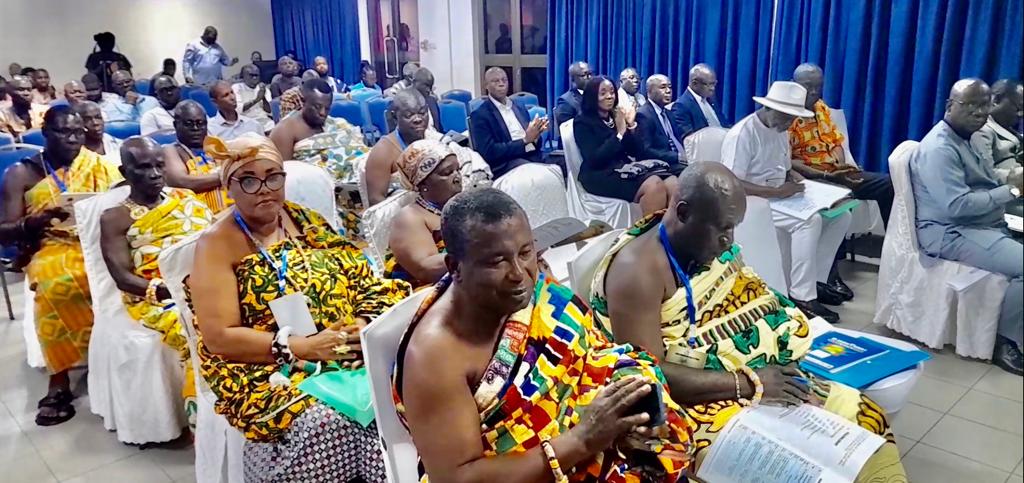
The Western Regional Development Forum, an initiative by the Nana Kobina Nketsia IV Trust is a week-long initiative that has attracted stakeholders including chiefs, technocrats, civil society, political functionaries, youth leaders, priests, governmental representatives and security officials, among others from the Western to discuss the development of the Western Region.
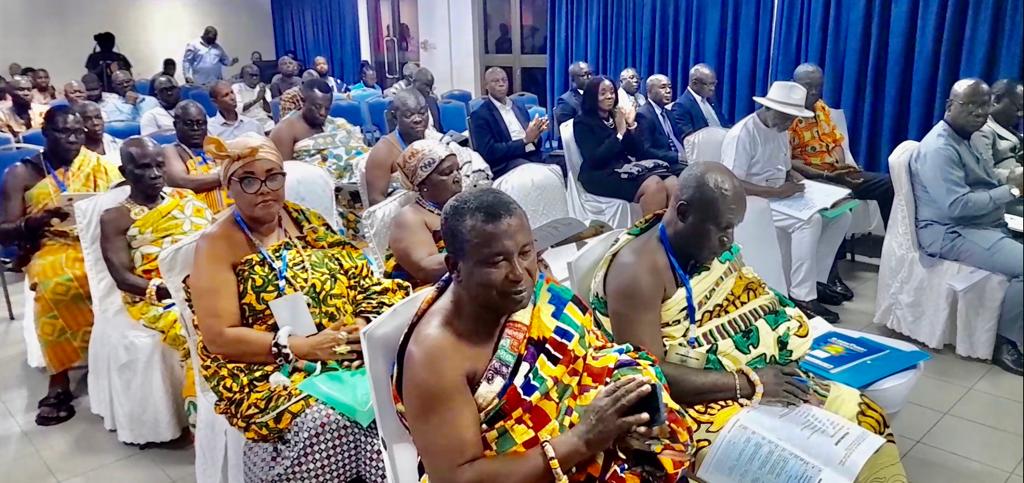
ALSO READ:


